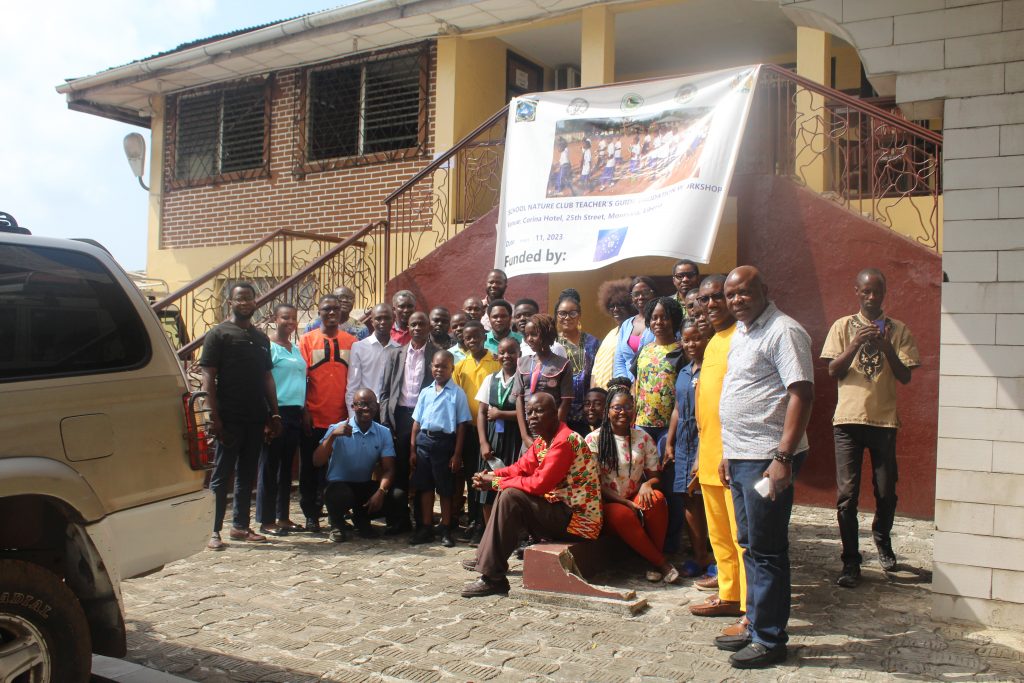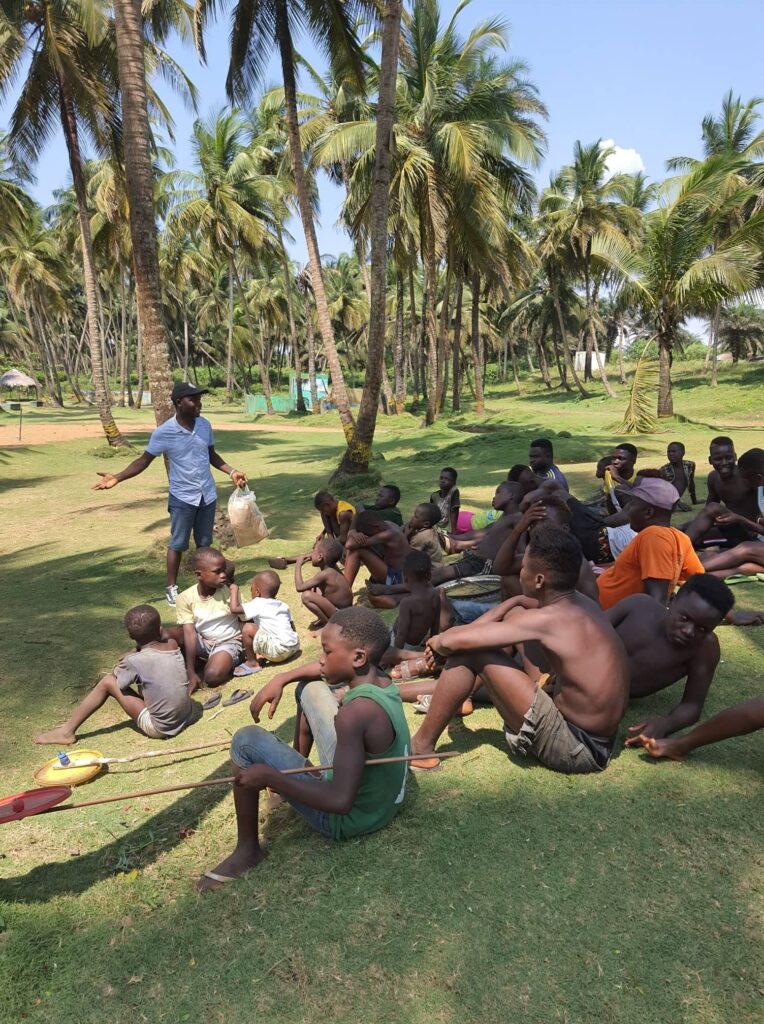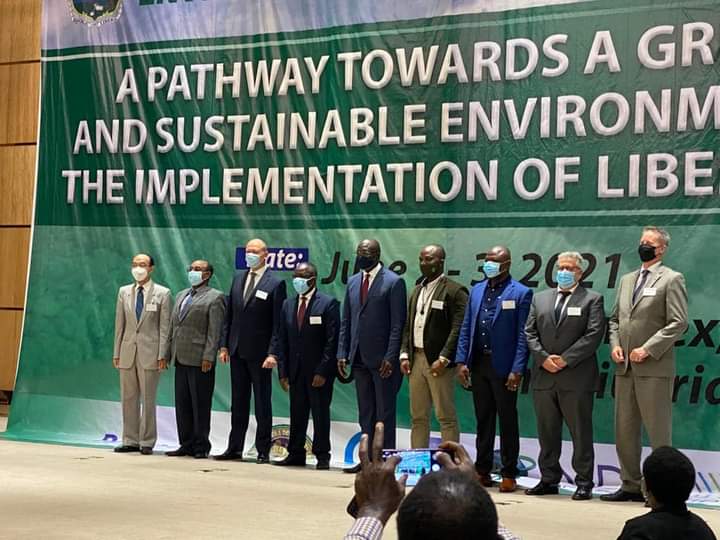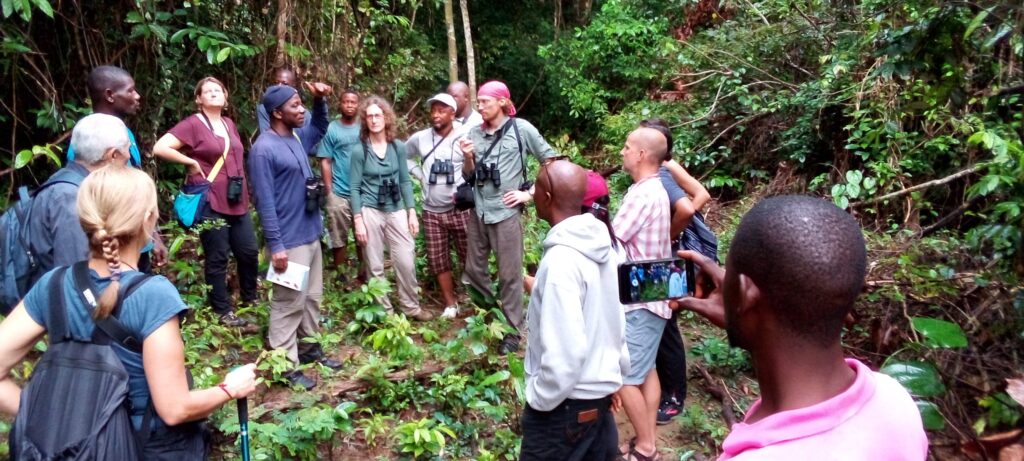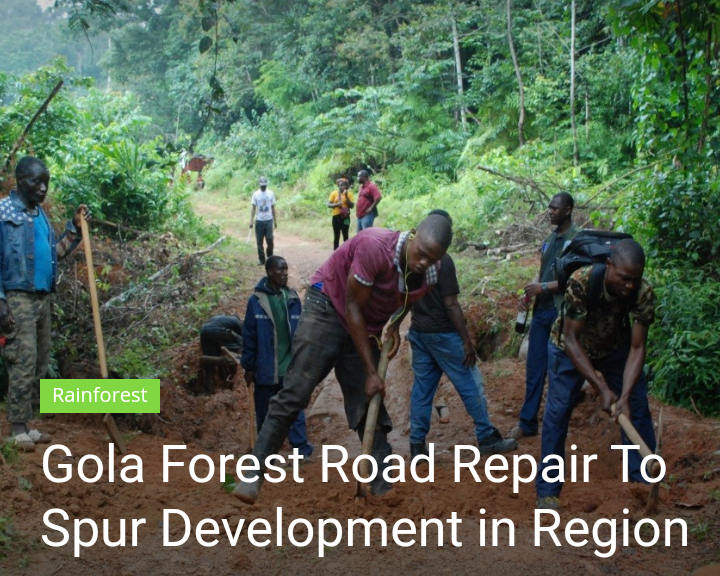Monrovia, 11 April (SCNL): The Final Validation Workshop of the Teachers’ Guide for Nature Club for Schools in Liberia and Sierra Leone convened on Tuesday, 11 April in Monrovia.
The workshop co-organized by the implementing partners of the Gola Transboundary Landscape of the European Union (EU) funded Support Program for the Preservation of Forest Ecosystems in West Africa (PAPFor) aimed to build consensus for the Teachers’ Guide, designed to be used for conservation education for school going children in both countries.
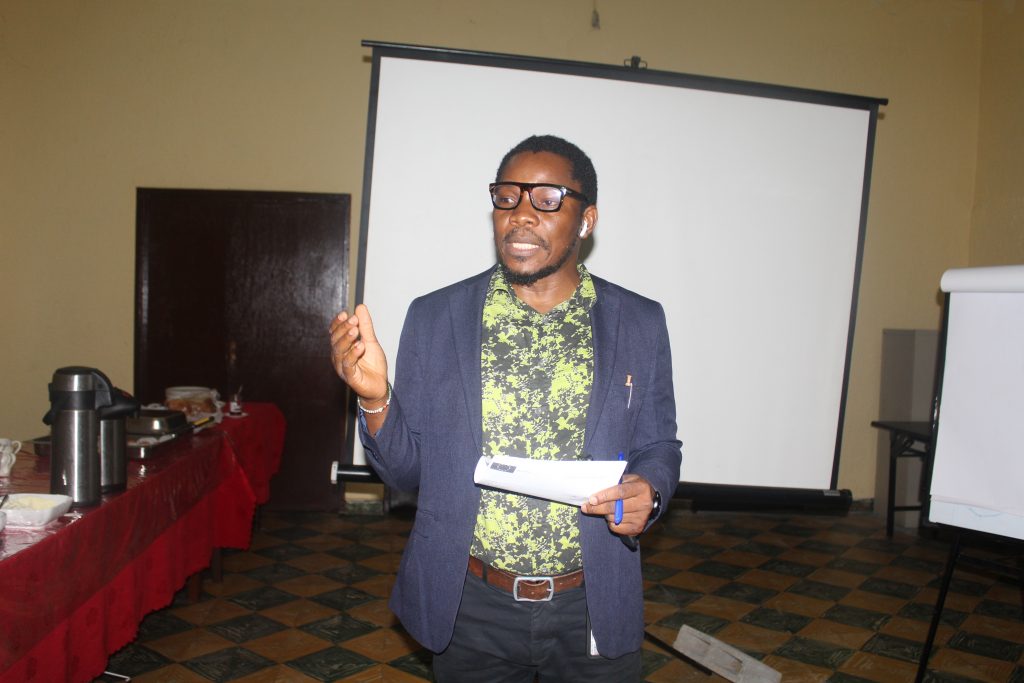
The workshop was facilitated by Mr. Abraham Tumbey, National Facilitator, and started with opening remarks by Michael E. Taire, Program Manager of the Society for the Conservation of Nature Liberia (SCNL) – BirdLife Partner in Liberia, who emphasized the importance of the Teachers’ Guide to Liberia and Sierra Leone. He added that the guide is a concrete product to reinforce conservation education in the school systems of Liberia and Sierra Leone. “SCNL hopes you will provide meaningful inputs to ensure the validation of this guide, Mr. Taire said.
Mr. Abdul Dumbuyah, Communications Manager of the Conservation Society of Sierra Leone (CSSL) – BirdLife Partner in Sierra Leone, gave the background of the guide and said that it would provide an effective tool and strategy for teaching environmental education in both countries. He said the completion of the document would add more credence to the work of SCNL, CSSL, and GRC.
“There was already a guide that was being used by the Gola Rainforest, but it outlived its usefulness, so CSSL, SCNL, and GRC decided to collaborate with support from the PAPFor Project to review the document with the aim of making it functional,” he explained.
Mr. Alade Adeleke, Royal Society for the Protection of Birds (RSPB) Country Manager and Project Manager of PAPFor, pledged continuous support to the conclusion of the guide and the promotion of conservation education not only in Liberia but in the entire West African region.
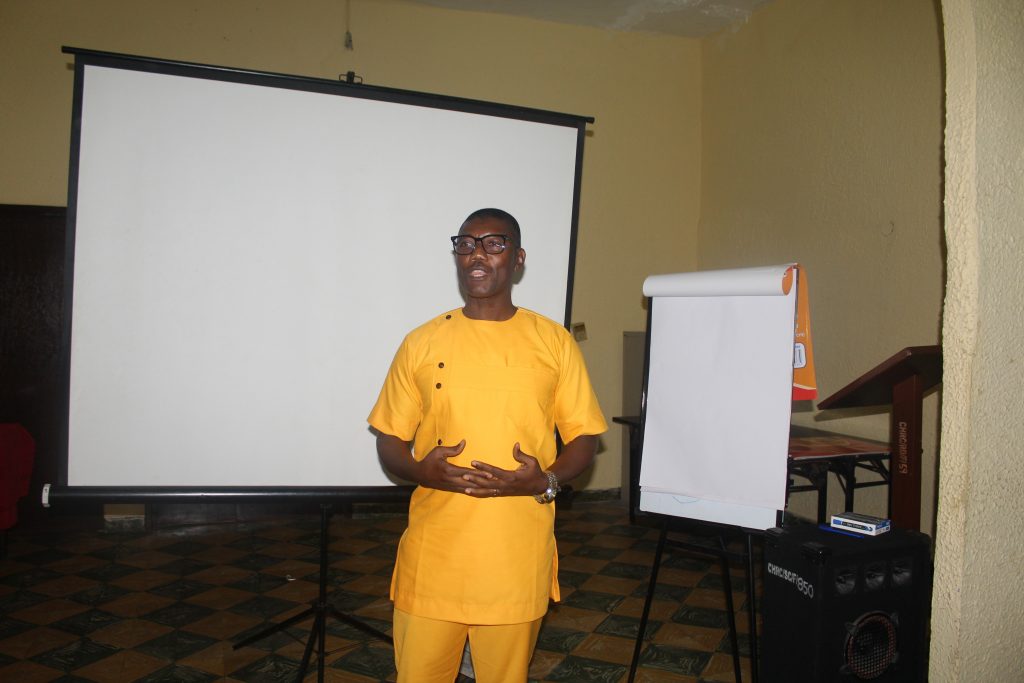
“We will continue to seek the opportunity to work collaboratively with the Ministry of Education, SCNL, CSSL, and GRC to ensure that the national curriculum is embedded with the guide,” Mr. Adeleke added.
Mr. J. Emmanuel Nilton, Subject Specialist of the Ministry of Education, thanked the partners for the guide and charged them to ensure the instrument is an effective tool for imparting conservation knowledge to students and the communities.
The Wide Life Manager of the Forestry Development Authority (FDA), Abednego Gbarway, said a challenge to protecting wildlife in Liberia is inadequate education in conservation. He urged the partners to train teachers to efficiently use the guide for promoting conservation in both countries.
The exchanges with key stakeholders were intense and fruitful. The participants gathered from various organizations, including SCNL, CSSL, GRC-LG, Ministry of Education, Forestry Development Authority, Environmental Protection Agency, and Wild Chimpanzee.
There was a breakup session during which four groups deliberated on various themes in the guide and afterward reported their findings. The participants commended the quality of the guide and validated it, pending its finalization on the basis of the comments and inputs received. The workshop represents the final step in the finalization of the guide, which is expected to be launched in Kenema, Sierra Leone.
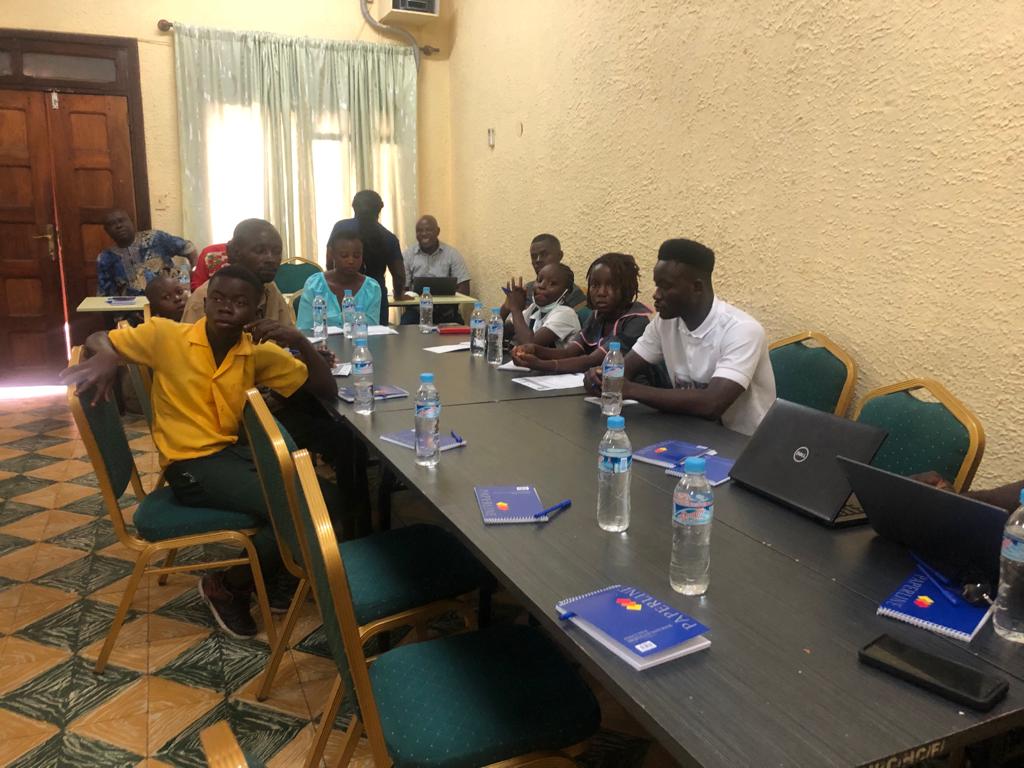
The guide was jointly developed in Kenema, Sierra Leone, by SCNL, GRC-LG, and CSSL in December 2020. That event brought together key stakeholders from the Ministry of Environment, the National Protected Area Authority of Sierra Leone, and other Civil Society Organizations. The guide contains ideas for running Nature Clubs in schools and provides ideas and activities for teachers to present environmental education lessons in interesting ways. It is intended to increase the conservation knowledge and understanding of teachers and enable them to effectively provide instruction in various topics.
Conservation education is becoming one of the effective means of conservation, and the establishment of Nature Clubs has proven to be a very effective tool.

